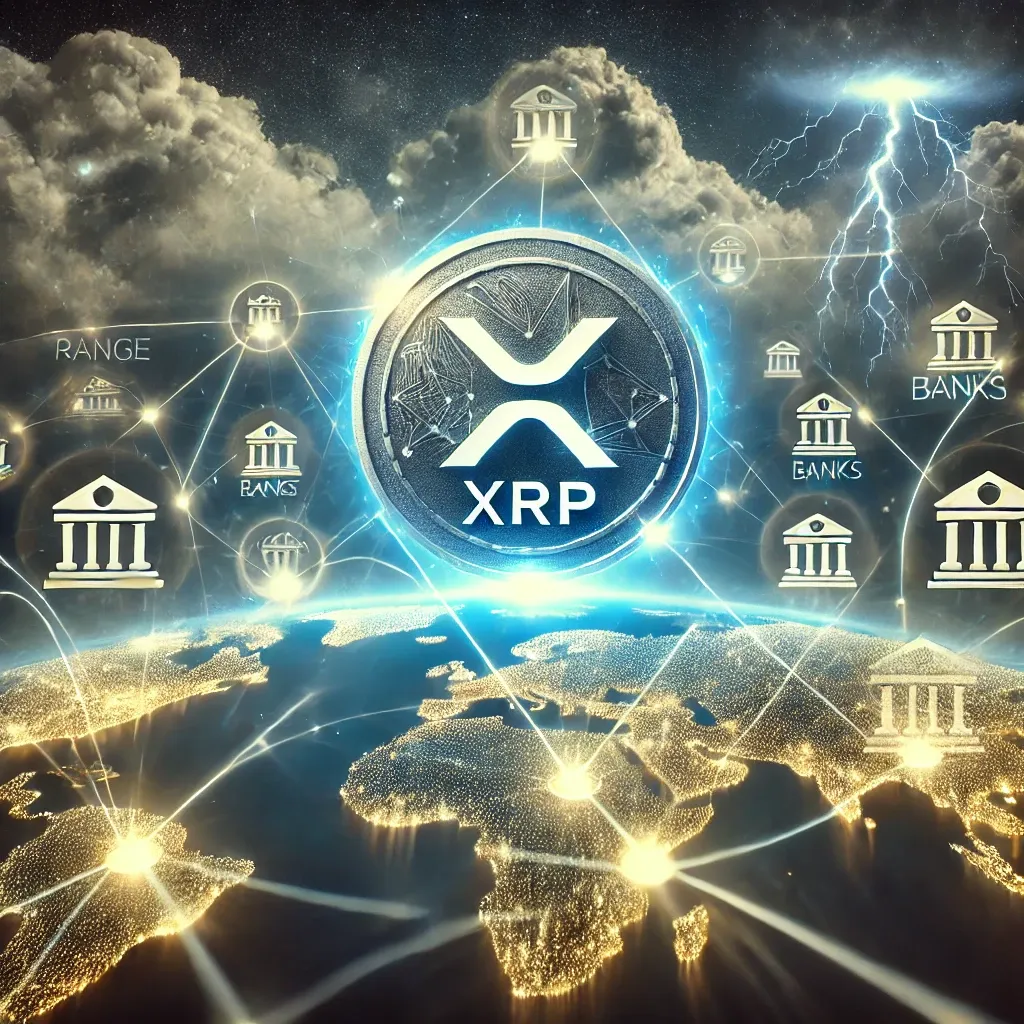
- Bank of America
- Bank of England
- Banco Santander
- Bank Of Indonesia
- Bank Of Thailand
- Cambridge Global Holdings
- SBI Holdings
- BBVA Banco Bilbao Vizcaya
- Barclays Bank
- Hsbc Bank
- SCB Siam Commercial Bank
- Zip Remit
- InstaRem
- IndusInd
- Itau Unibanco
- Beetech
- Woori Bank
- Saudi Arabian Monetary Authority (SAMA)
- Western Union
- UAE Exchange
- Asia MTM
- LianLian International
- We Make Price
- Credit Agricole
- IDT
- Selly
- Bichip
- SBI Virtual Currencies
- RAKBANK
- American Express FX Payments
- TranferGo
- Bexs Banco
- AirWallex
- Currencies Direct
- IFX dlocal
- Cuallix
- ANZ
- Westpac
- Banca Intesa Sanpaolo
- Macquarie Group
- Natixis
- Nordea
- Scotiabank
- Krungsri
- Al Rajhi Bank
- MUFG Tokyo-Mitsubishi UFJ Financial Group
- SEB Skandinaviska Enskilda Banken
- Akbank
- Axis Bank
- YES BANK
- Star One Credit Union
- eZforex
- SBI Remit
- Fukui Bank
- FlashFX
- Star Bank
- Aomori Bank
- Ashikaga Bank
- Awa Bank
- Aeon Bank
- Senshu Ikeda Bank
- Iyo Bank
- Oita Bank
- Orix Bank
- Gunma Bank
- Keiyo Bank
- San-In Godo Bank
- Sikoku Bank
- 77 Bank
- Shimizu Bank
- Juroku Bank
- Shinkin Central Bank
- Shinsei Bank
- Hachijuni Bank
- Michinoku Bank
- MHFG Mizuho Financial Group
- Musashino Bank
- Nomura Trust and Banking Company
- Seven Bank
- Sony Bank
- Yachiyo Bank
- Tochigi Bank
- Bank of The Ryukyus
- Chiba Bank
- Chugoku Bank
- Daishi Bank
- Daiwa Next Bank
- Hokuriku Bank
- Nishi-Nippon City Bank
- North Pacific Bank
- Resona Bank
- Shikoku Bank
- Sumitomo Mitsui Trust Bank
- Toho Bank
- Tsukuba Bank
- Yamagata Bank
- Bank of America Merrill Lynch
- Bank Leumi Le-Israel
- NAB National Australia Bank
- BMO Bank of Montreal
- Mizuho Financial Group
- SHRB Shanghai Huarui Bank
- Standard Chartered Bank
- Bank of Yokohama
- SBI Sumishin Net Bank
- ATB Financial
- National Bank of Abu Dhabi
- CBIC Canadian Imperial Bank of Commerce
- Reisebank
- UniCredit
- UBS
- Volante
- Expertus
- Temenos
- Deloitte
- RBC Royal Bank of Canada
- DH Corporation
- DBS Group
- Credit Suisse
- OCBC Bank
- Shanghai Banking Corporation Limited
- UOB United Overseas Bank
- Singapore Exchange
- TD Bank Canada
- Accenture
- CGI Group
- Earthport
- Royal Bank of Scotland
- Commonwealth Bank of Australia
- Saldo
- Rabobank
- TAS Group
- Yantra Financial Technologies
- Cross River Bank
Why Are Major Banks Embracing XRP Tokens?
In recent years, a growing number of banks around the world have begun to hold and utilize XRP tokens, a digital asset created by Ripple. This trend is significant and can reshape the financial landscape. Here’s why these banks are making the shift:
1. Faster Transactions
Traditional banking systems often involve lengthy processes for cross-border payments. XRP allows for near-instant transactions, enabling banks to send money across the globe in just a few seconds. This speed is crucial in today’s fast-paced economy, where time is money.
2. Lower Costs
Using XRP significantly reduces transaction fees compared to traditional methods. Banks can save a considerable amount of money when transferring funds, which can then be passed on to customers or reinvested in their services.
3. Increased Efficiency
With XRP, banks can streamline their payment processes. The traditional banking system often relies on multiple intermediaries, leading to delays and increased chances of errors. XRP’s blockchain technology minimizes these intermediaries, making transactions more efficient.
4. Global Reach
XRP is designed to facilitate international transactions, making it an attractive option for banks involved in global trade. By using XRP, banks can connect with a wide network of financial institutions around the world, enhancing their service offerings.
5. Liquidity on Demand
One of the standout features of XRP is its ability to provide liquidity on demand. This means banks can access funds instantly without needing to hold large amounts of capital in reserve. This flexibility is particularly beneficial for managing cash flow and meeting regulatory requirements.
6. Regulatory Compliance
XRP was designed with regulatory considerations in mind. As a result, it has garnered attention from regulators and compliance-oriented institutions. By adopting XRP, banks can ensure they are aligning with evolving regulatory frameworks in the cryptocurrency space.
7. Innovative Technology
Banks are always looking for ways to innovate and stay ahead of the competition. By integrating XRP and the underlying blockchain technology, banks can position themselves as forward-thinking institutions ready to embrace the future of finance.
8. Partnership with Ripple
Many banks partner with Ripple, the company behind XRP, to leverage its technology for their own payment systems. This collaboration helps banks modernize their infrastructure and provide enhanced services to their customers.